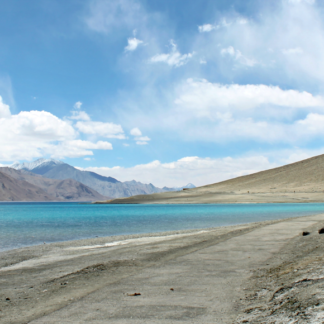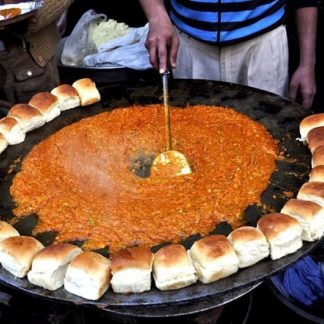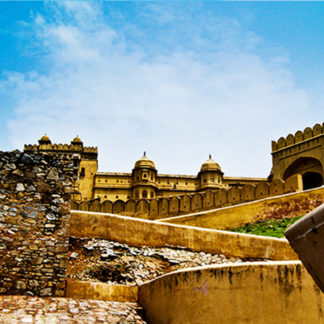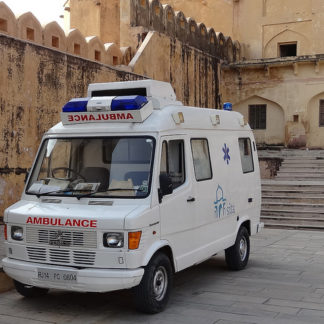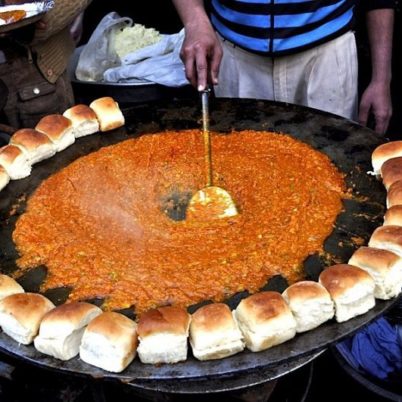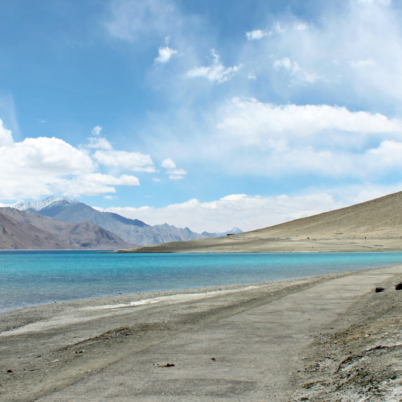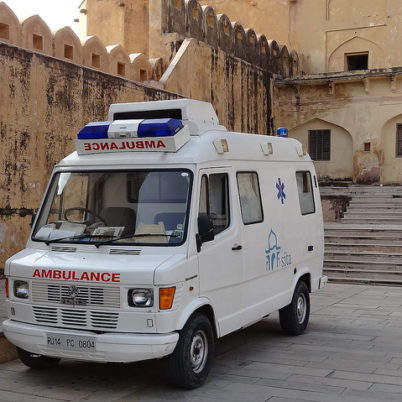Holding on to Hygiene in India
While the new government has taken a pretty strong stand on cleanliness in India, there’s no point in getting our hopes too high just yet. Indians may seem confused about cleanliness, urinating in public on the one hand and obsessively washing their hands before each meal on the other. It’s a diverse country full of lots of different people, each with their own priorities. As a traveller, try to keep in mind that depending on which area of the country you’re in, you’re going to be faced with a range of cleanliness issues. Here’s a quick guide to help you on your way.
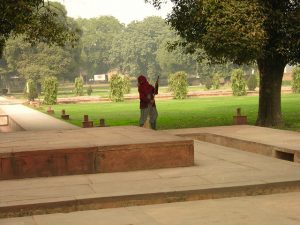 There are many ways you can hold onto hygiene in India – Credit: Gosia Grabarczyk
There are many ways you can hold onto hygiene in India – Credit: Gosia Grabarczyk
Make yourself a clean-up kit
Sanitizer, wet-wipes, tissues, maybe anti-septic and most importantly, toilet paper. All of these are easily available in any medical store across the country when you need a refill, but not so much in toilets or bars where you might actually want it. An added bonus in India is soap strips, a little booklet of soap coated wax-strips to use on trains or buses.
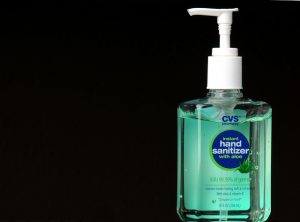 Carry hand sanitizer with you, India can be dusty – Credit: Walter Jacques
Carry hand sanitizer with you, India can be dusty – Credit: Walter Jacques
Toilets
I’m sure you’ve all come armed with thousands of warnings of India’s open defecation problem, but rest assured, we do know what toilets are. That said, I’d suggest you stay away from the standalone public loos and opt for something in a decent looking restaurant or mall. Most of these will offer you the option of western toilets, although sooner or later, you’ll be introduced to the glory of The Indian Toilet. While your leg muscles might complain a bit, it’s definitely the more hygienic option thanks to minimal contact. If you’re carrying your own toilet paper and don’t have to be bothered by the bucket, all the better. Another feature of toilets in India, more so with the western versions, is the health faucet, a small handshower preferable to the old system of mug and bucket for washing up.
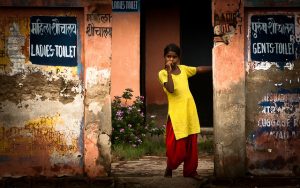 Maybe try and avoid public loos on train stations and standalones – Credit: Ignas Kukenys
Maybe try and avoid public loos on train stations and standalones – Credit: Ignas Kukenys
Food
With this one, you’ve mostly got to go with your gut (geddit?) If you’re eating in hotels 3 stars and up you’re definitely safe, but with others you’ve got to use a little common sense. Does it look clean? Do waiters wipe the table after each patron leaves? Are there a lot of flies around? Beyond that, it’s important to stick to mineral water. At some street stalls you can even ask if the food is made with bottled water. Don’t go around asking to peek into kitchens, you’ll probably just offend someone and who knows what they’ll put in your food after that. If you have access to the internet, read a couple of reviews and make an informed choice.
Every single restaurant in India will provide you with a washbasin, or at least a jug of water to pour over your hands. What remains conspicuously absent though is soap, although at some basins you might spy a thin sliver of the ever popular red lifebuoy soap worn into submission by countless users. For this reason, and also the lack of clean towels, we’d suggest you carry your own little bottle of hand-san or rough it out like the rest of us with a good dousing and a quick wipe on your jeans.
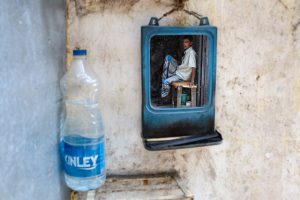 Always opt for bottled mineral water and avoid water poured for you at restaurants, you cannot know if it’s filtered or not – Credit: Maciej Dakowicz
Always opt for bottled mineral water and avoid water poured for you at restaurants, you cannot know if it’s filtered or not – Credit: Maciej Dakowicz
Hotel Rooms
If you’ve got us on your bookings, you’ll be just fine. If not, here’s a couple of our tricks. Always check the toilet first. Never book a hotel room unless you’re satisfied with the state of its bathrooms. Check the sheets for stains, though that isn’t often a problem. Again, ask for mineral water in your room.
 The hotels we offer are very clean and suitable, like this suggestions of ours: Diggi Palace in Jaipur – Credit: Booking.com
The hotels we offer are very clean and suitable, like this suggestions of ours: Diggi Palace in Jaipur – Credit: Booking.com
Public transport
Buses: If air conditioned and privately run, you should be find. Buses within the city are often best avoided, although special mention must be made of Mumbai’s BEST buses which are thoroughly hosed down each day.
Trains and metros: Long distance trains are quite clean to begin with, though passengers may not keep it that way. Toilets here can be a huge issue, the jerking motion of the train tends to interfere with people’s aim. Local trains and metros are usually good in this respect.
Auto-rickshaws and taxis: Very clean in most cities. Since these drivers’ entire livelihood is wrapped up in their vehicles, they tend to take good care of them, though the same cannot always be said for their passengers.
 Train and buses have mixed reviews on cleanliness, sometimes it cannot be avoided – Credit: Dieter Zirnig
Train and buses have mixed reviews on cleanliness, sometimes it cannot be avoided – Credit: Dieter Zirnig
Plan B
You can only ever be so vigilant. Someone sneezes in your general direction, a vegetable vendor doesn’t wash his hands and little germ slips through. Come prepared for this situation as well. Carry medication that your body is used to and which you trust, rather than looking up the local variant at the last minute. Your health will thank you.
Be clean, be safe!
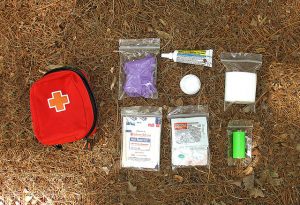 Carry around a first aid kit to help prevent yourself from getting ill – Credit: Deacon Kevin
Carry around a first aid kit to help prevent yourself from getting ill – Credit: Deacon Kevin
helping you travel your way
Everything you need to know about India is here We have tried writing about everything you may need help with for your trip to India, If you need help in planning a trip to India Get in touch with us to to plan your trip of a life time.

